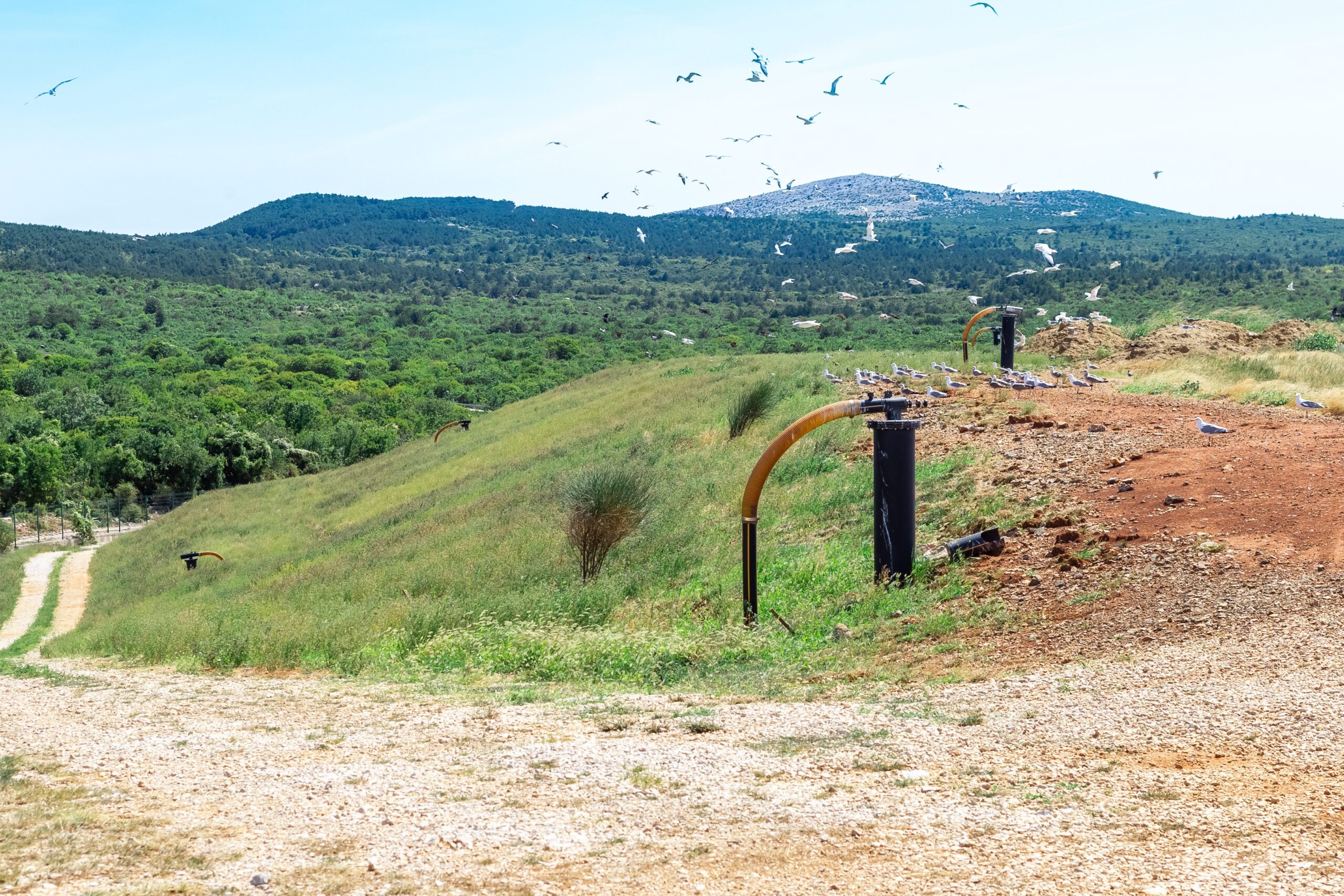Converting Off-Specification Coal Ash and Incinerator Ash into High-Value Blended Cementitious Materials through Enhanced CO2 Uptake
Converting Off-Specification Coal Ash and Incinerator Ash into High-Value Blended Cementitious Materials through Enhanced CO2 Uptake
Investigator: Missouri University of Science and Technology
Award Amount: $150,000
The US annually produces ~30 Mt off-specification coal (OSC) ash and ~10 Mt municipal solid waste incineration (MSWI) ash; both of which consist of fly ash (FA) and bottom ash (BA). These solid wastes are ponded or landfilled – which are not just costly but also pollute the environment. Meanwhile, cement/concrete production causes ~10% of global anthropogenic CO2 emissions. Replacing cement using supplementary cementitious materials (SCMs) is currently the most efficient method to decarbonize concrete. However, the US is facing a severe shortage of quality SCMs, OCS, and MSWI ashes, due to their large production and repositories, can effectively supplement SSCMs if the ashes can be upcycled to leverage their advantages and suppress their detrimental effects. This proposal aims at producing high-=value blended SCM from OCS and MSWI ashes through enhanced CO2 uptake. The blended SCM is a mixture of nano-/sub-micron-sized carbonates and amorphous aluminosilicate (nCAS).
Specific objectives are to:
1. Understand the characteristics of OCS and MSWI ashes (both FA and BA);
2. Optimize the production process of nCAS using OSC and MSWI ashes;
3. Determine performance metrics of nCAS-incorporated cement-based materials; &
4. Develop guidelines for pilot-scale production and high-volume use of nCAS.



